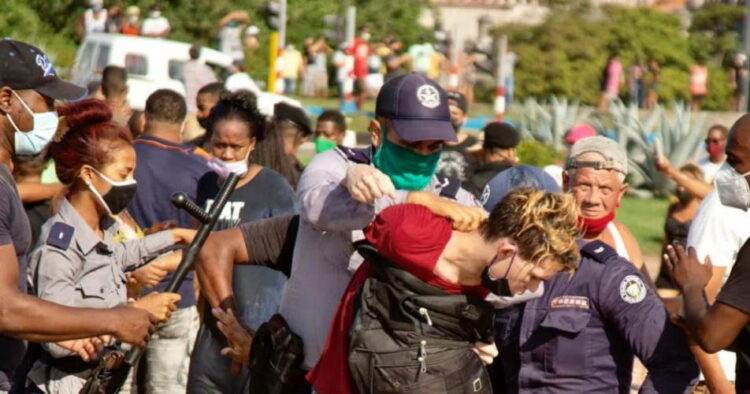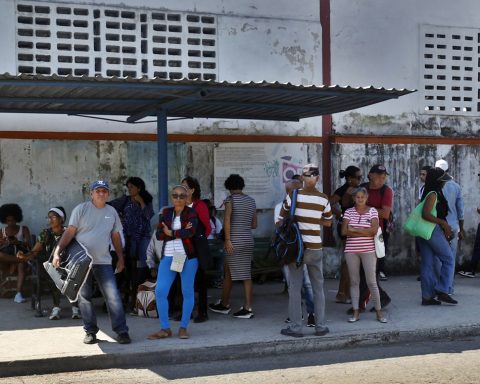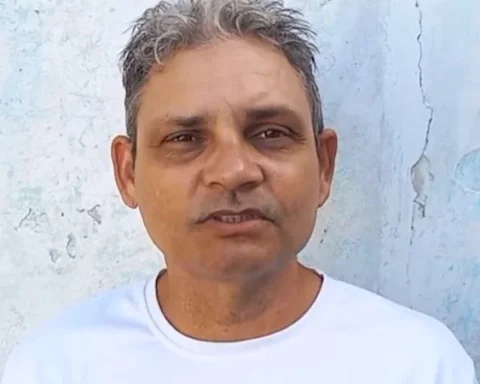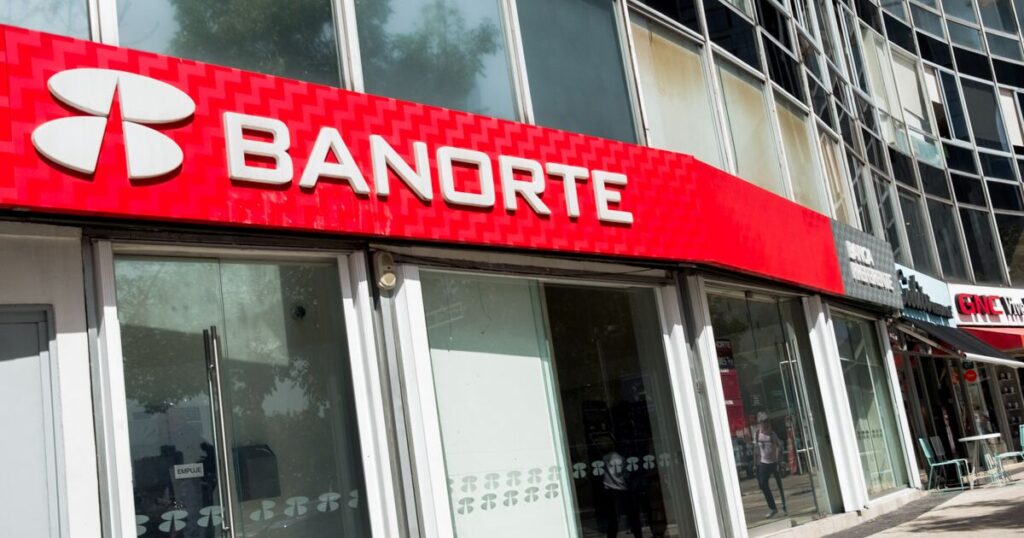Madrid Spain.- The European Union (EU) recognized that the situation of human rights and democracy in Cuba “has deteriorated over the last year.”
In its Annual Report on Human Rights and Democracy in the World for 2021, the EU highlighted that freedom of expression, association and assembly continued to be subject to significant restrictions, with reports of numerous arbitrary arrests and short-term detentions.
The EU Annual Report on Human Rights and Democracy in the World (2021) has just been published, as well as the country reports. Here they can be consulted (only available in English):https://t.co/NyNsIkKDDPhttps://t.co/tX9ECD0skq (Cuba pages 267-270)
— European Union in Cuba (@UEenCuba) April 25, 2022
The document recalls that last July “thousands of citizens took to the streets spontaneously without precedent” in protest against “the shortage of basic goods, food, medicine and restrictions on rights.”
The demonstrations were suppressed and hundreds of people, including minors, were arrested in the following weeks. These people have been put on trial, receiving severe prison sentences perceived as disproportionate, highlighted the European Union.
“Freedom of the press continued to be a cause for concern, with Cuba among the top ten least free countries in the world. (…) Several journalists and bloggers were fined. Political activists, human rights defenders and independent journalists continued to face short-term arrests, internet cut-offs, domestic and foreign travel restrictions, as well as frequent measures preventing them from leaving their homes,” the report states.
Regarding the economy, the European Union indicates that the measures taken by the Cuban government, “including the unification of the two national currencies,” had “a potentially far-reaching social impact, in particular on the increase in inequality.”
However, the European Union referred to the proposal for the new Family Code as progressive, noting that the new Penal Code has progress in terms of procedural rights.
In addition, according to the EU, Cuba maintained its policy focused on non-discrimination, gender equality, the protection of children’s rights, as well as the rights of people with disabilities.
These last considerations contrast with reports from human rights organizations, such as the one recently presented by Prisoners Defenders before the United Nations (UN).
Prisoners Defenders recorded two types of violations of children’s rights in Cuba: 1) the criminal prosecution of minors from 13 to 17 years of age for reasons of conscience and 2) the forced separation of children from their parents, professionals, for 8 years.
On April 19, representatives of the Cuban opposition and civil society residing on the island and in exile they requested before the Italian Parliament the suspension of the Political Dialogue and Cooperation Agreement between the European Union and the Cuban regime.
The opponents denounced the “State terrorism of the Government against the people and the situation of the more than 1,000 political prisoners.
Receive information from CubaNet on your cell phone through WhatsApp. Send us a message with the word “CUBA” on the phone +1 (786) 316-2072, You can also subscribe to our electronic newsletter by giving click here.















